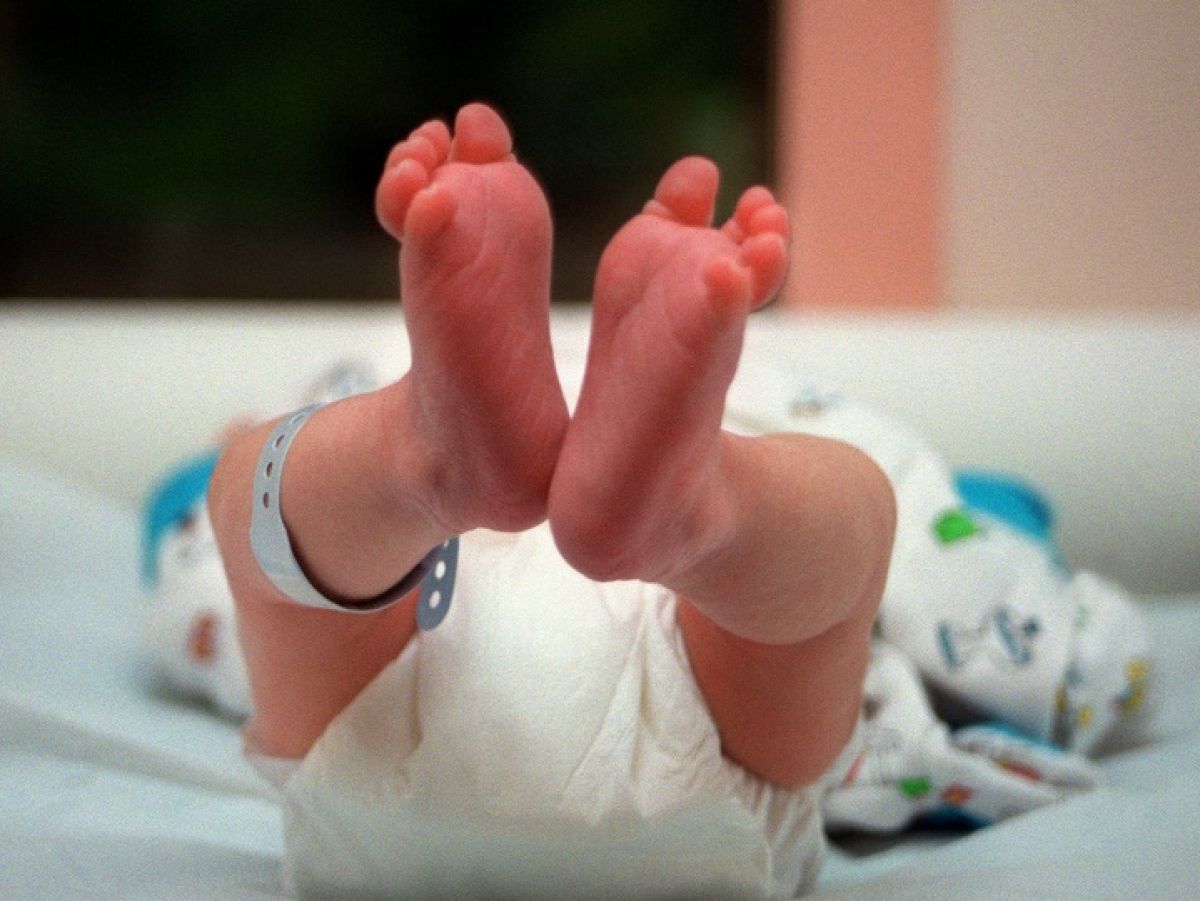No summer break in analysis laboratories: in addition to the uninterrupted monitoring of influenza and Covid, the rate of screening for whooping cough, which is on the rise again, remains "very high", biologists note.
Last week, Inovie laboratories carried out "6,000 whooping cough PCR tests compared to 1,900 for the whole of 2023", Guillaume Teissier, a medical biologist at Inovie Labosud, told AFP.
"We thought that the epidemic would decrease with the holidays but, in fact, the number of requests remained at the same level as in June", with "a positivity rate of 25%", approximately that observed during the Covid peaks, he says.
However, "people test themselves less easily than for Covid", for which there are self-tests and screenings in pharmacies. For whooping cough, "the patient must go see the doctor who gives them a prescription, so fewer people get tested". Consequence: "They do not know that they are infected and spread the disease".
Bordetella pertussis is the bacteria responsible for whooping cough, a contagious but rarely serious respiratory disease known as "community" which recurs in cycles of three to five years. In France, the last two epidemic peaks were observed in 2013 and 2017.
Other European countries such as Spain, Denmark and the Czech Republic share this new surge in whooping cough.

Those most at risk are toddlers, too young to be vaccinated (less than two months) against this infection and those most affected by severe forms, hospitalizations and deaths.
Around twenty child deaths have been recorded since the start of the year, the public health agency said at the end of July.
– Shortened diagnostic time –
Faced with an epidemic that was difficult to predict, city laboratories had to adapt to treat a large number of patients.
"It's not a pathology that we routinely look for. We tend to forget it," recalls Soufien Belmiloudi, a medical biologist for the Inovie Biofutur laboratory, saying he was surprised by the peak in requests and the number of positive cases.
From a few cases per day at the beginning of spring, the laboratory has remained "on a plateau since the beginning of June, with 800 to 1,000 requests per week and an average positivity rate of 21%," according to him.
Also, to "save time", this laboratory "reused machines that had been used during Covid" and equipped itself with new automated techniques to manage volumes. As a result, it went "from a response time of around ten days to less than 24 hours" in the space of three days.
"The importance of rapid diagnosis is to be able to identify patients with whooping cough and treat them, which reduces the symptoms but also the contagiousness and transmission of the disease," insists Dr. Tessier at Inovie Labosud.
– Same technique as for Covid –
"Now that we have PCR tests that can detect the nucleic acids of the bacteria directly in the sample", the same principle as that used for Covid, the result is "a matter of a few hours", confirms the medical director of Cerballiance laboratories, Stephanie Haim-Boukobza.
She also notes that "activity remains very high" on whooping cough, with "positivity rates of 20%" in July.
Tests to diagnose whooping cough are integrated into panels that screen for several respiratory infections at the same time, namely influenza, Covid, respiratory syncytial virus (RSV), the main cause of bronchiolitis.
“Covid has allowed many more laboratories to equip themselves with sophisticated platforms, with higher throughput,” says Francoise Gay-Andrieu, medical director of Roche Diagnostics France, which provides diagnostic tests.
This subsidiary of the Swiss group Roche reports an increase in sales of its whooping cough tests "of the order of 30% worldwide" since the beginning of the year compared to the previous year.
